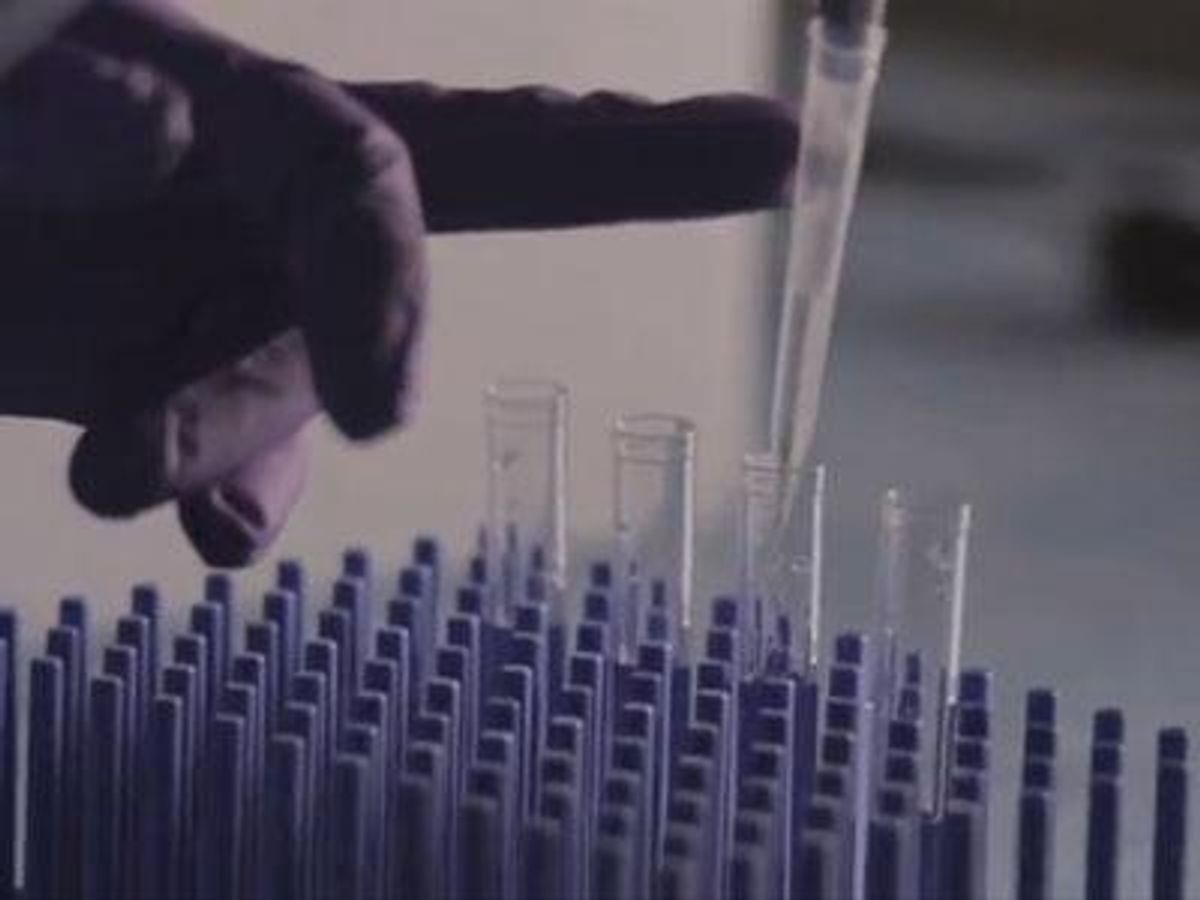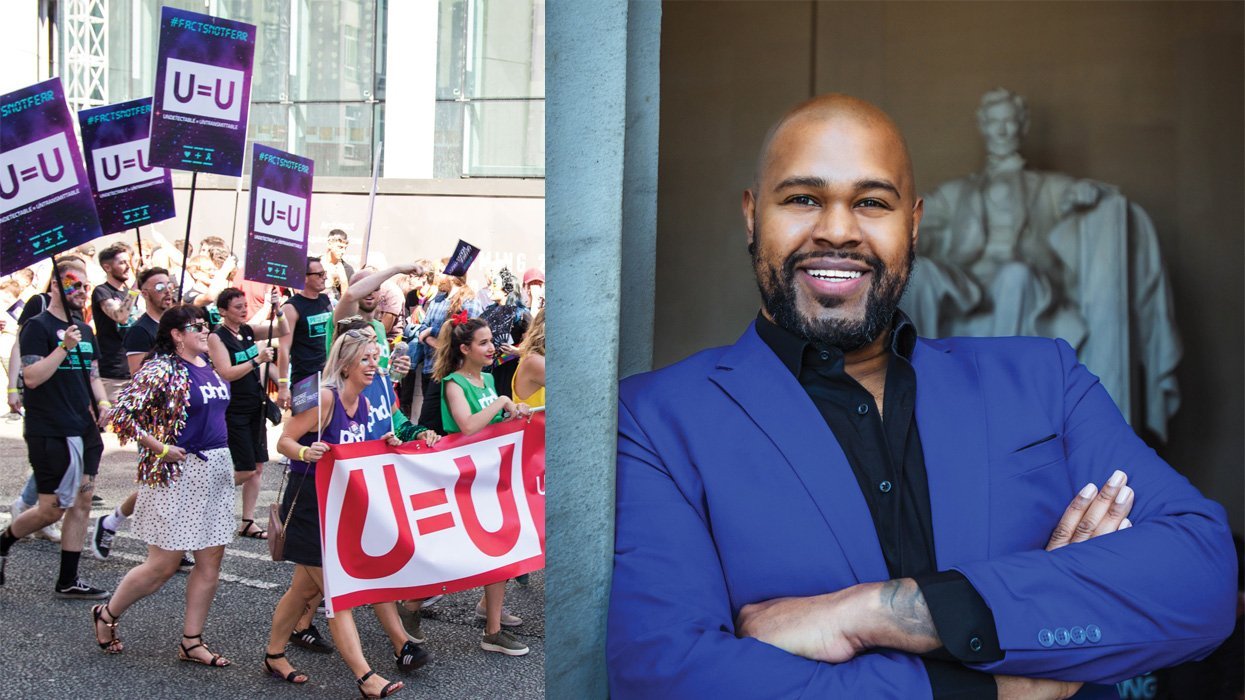To achieve what seems to be impossible, a team of doctors from the University of Pennsylvania, led by Carl H. June, MD, have genetically engineered HIV to target cancer in patients.
Their strategy injects patients' T cells with a modified form of HIV, disabled so it cannot cause AIDS, but with the ability to target and attack cancerous cells. Nicknamed "serial killer cells," these have proved to be so strong that just one of them can kill up to 1,000 cancerous cells.
HIV normally targets white blood cells, which fight diseases, and turns them against the. The idea that one can reprogram the genetic code of HIV to target cancer instead seems like an idea from a Michael Crichton novel, but the truth is that it has already saved lives.
During her second bout with leukemia, young Pennsylvania girl Emma Whitehead and her parents seemed to have no other option for treatment, so this new technique offered them hope. After she was infected with the modified cells, it took a while for her body to absorb them, but once it did, her fever broke and the leukemia disappeared. Emma is now 7 years old. Over the past three years, 12 patients have received the treatment in all, and nine are in full or partial remission, June told a Philadelphia TV station.
He and his team now intend to see if the treatment can fight other types of cancer; pancreatic cancer is next. "We want to cure cancer, we do," June said. "I think sometimes it's hard to think that you might actually succeed."

















































































